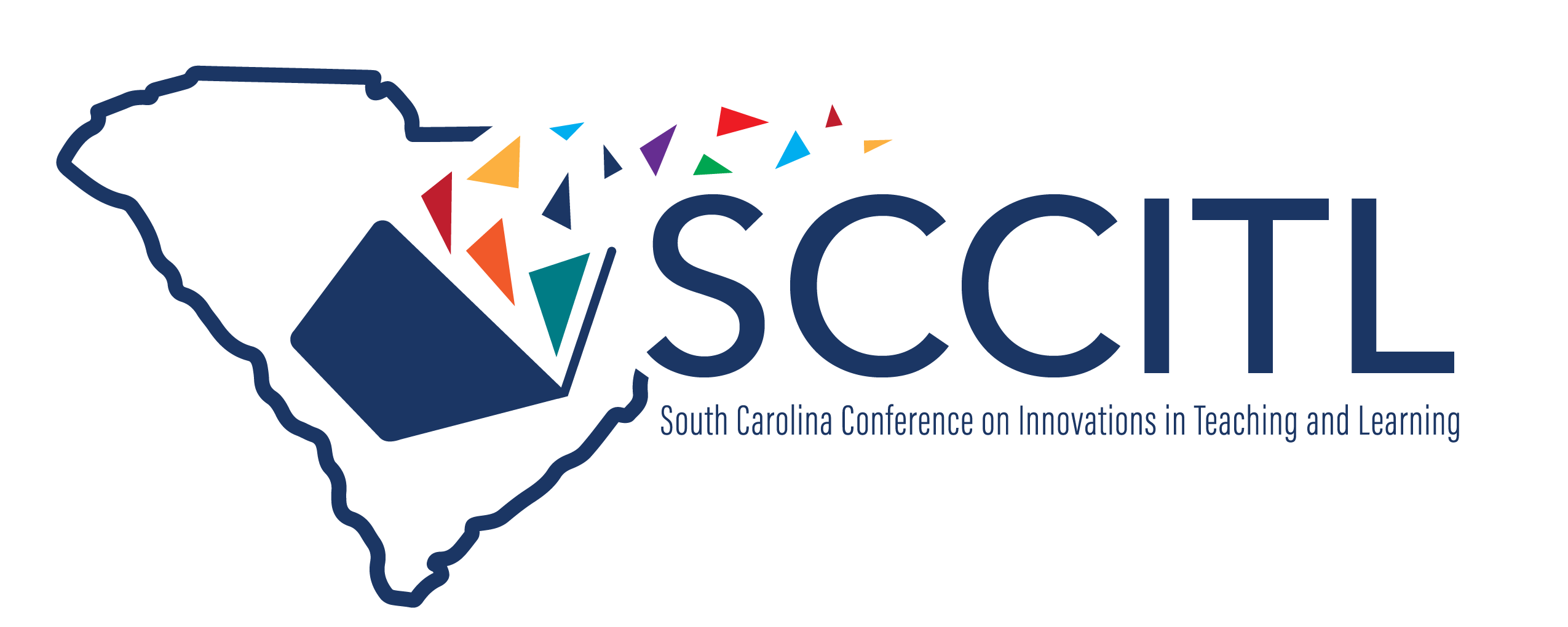Community Agreements: Laying the Groundwork for Inclusive Classrooms
Proposal Format
75-minute Workshop
Track Choices
Best Practices in Diversity, Equity, and Inclusion
Abstract
Classroom environments can reproduce hierarchical norms or they can integrate inclusive pedagogical methods which decentralize power and foster communal belonging among a student body and faculty. Decentralized power cultivates group synergy through participatory learning encouraging social understanding and efficacy. This workshop will feature a process of developing shared community agreements as a framework for building collective affinity among classroom ecologies. Community agreements invite students and faculty into creating the conditions for classroom conduct through an inclusive, process-oriented, and intentional structure which centers student contribution through deep listening, meaningful dialogue, trust-building, and expansive thinking. In this interactive workshop, we will move through a community agreement practice as a foundational building block for activating equity-centered inclusive pedagogy.
Keywords
Equity, Inclusive Pedagogy, Open Learning
Speaker Bio
With 20+ years' experience in academia, non-profit work, and community organizing, Amanda is a scholar, synergist, and changemaker dedicated to co-creating visions and solutions embedded in community well-being, equity, and radical imagination. As an artist-activist-educator, she has organized community-centered partnerships and civic engagement efforts addressing areas such as gender equity, LGBTQ+ia equality, racial justice, and housing security. Amanda is a Lecturer in the Women's and Gender Studies Program at Coastal Carolina University and is on the Diversity, Equity, and Inclusion Council for the Myrtle Beach Area Chamber of Commerce.
Community Agreements: Laying the Groundwork for Inclusive Classrooms
Penny Hall, 201
Classroom environments can reproduce hierarchical norms or they can integrate inclusive pedagogical methods which decentralize power and foster communal belonging among a student body and faculty. Decentralized power cultivates group synergy through participatory learning encouraging social understanding and efficacy. This workshop will feature a process of developing shared community agreements as a framework for building collective affinity among classroom ecologies. Community agreements invite students and faculty into creating the conditions for classroom conduct through an inclusive, process-oriented, and intentional structure which centers student contribution through deep listening, meaningful dialogue, trust-building, and expansive thinking. In this interactive workshop, we will move through a community agreement practice as a foundational building block for activating equity-centered inclusive pedagogy.


